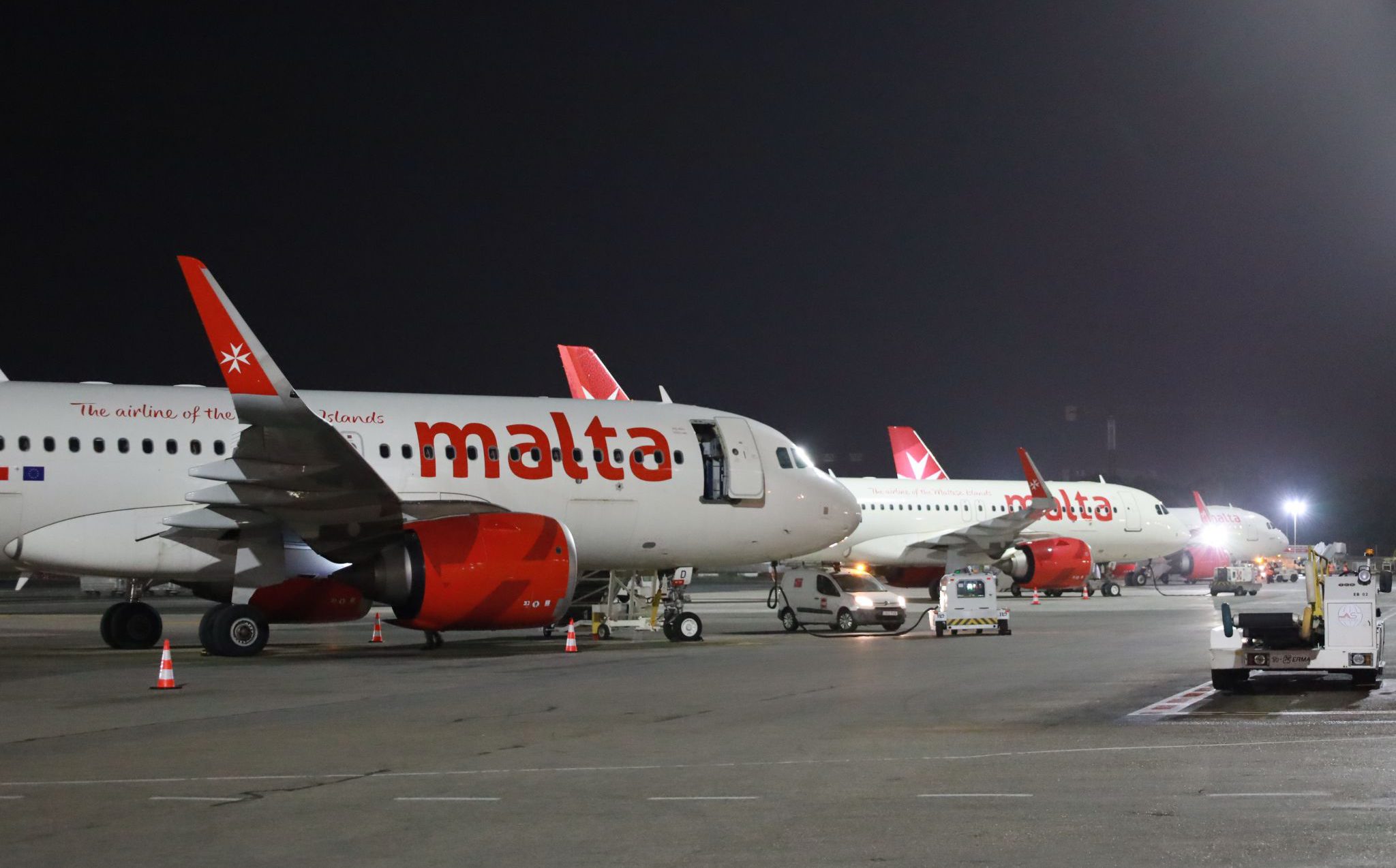One week into the official restart of travel and tourism, Malta International Airport (MIA) appealed to the Government and local health authorities to activate digital validation solutions doe the verification of passengers’ health documents.
Currently, to enter Malta, one requires either a local vaccine certificate (once the EU launches its own system, Malta will be joining) or a negative PCR test taken within 72 hours of the flight.
Images last week circulated online of a packed airport filled with travellers waiting to get their passenger locator form and health documents verified. Malta reopened to international travel on 1st June in a bid to spur recovery and generate activity this summer.
“Whilst thanking the local health authorities for establishing the necessary safeguards for the restart of tourism, Malta International Airport would like to reiterate its appeal for the use of digital solutions for the verification of passengers’ health documents,” MIA said in a statement.
“The use of technology in this regard would allow for quicker access to passenger data should contact tracing be required as well as contribute to a more seamless guest experience on arrival in Malta.”
Indeed, Airports Council International (ACI) last week warned that European airports could face chaos and pressure this summer, with lengthy manual document verification processes being identified as one of the factors that could lead to this.
Valletta ranks 8th most expensive European capital city to live in – study
While London is the most expensive, Bucharest is the most affordable
KM Malta Airlines cancels flights between Malta and Paris on Thursday due to air traffic control strike
Impacted customers can opt for an alternative flight or apply for a full refund
WATCH: MEPs in dialogue – Financial institutions and over-regulation
This is the third in a series of debates designed to engage citizens in the lead-up to the MEP elections ...






